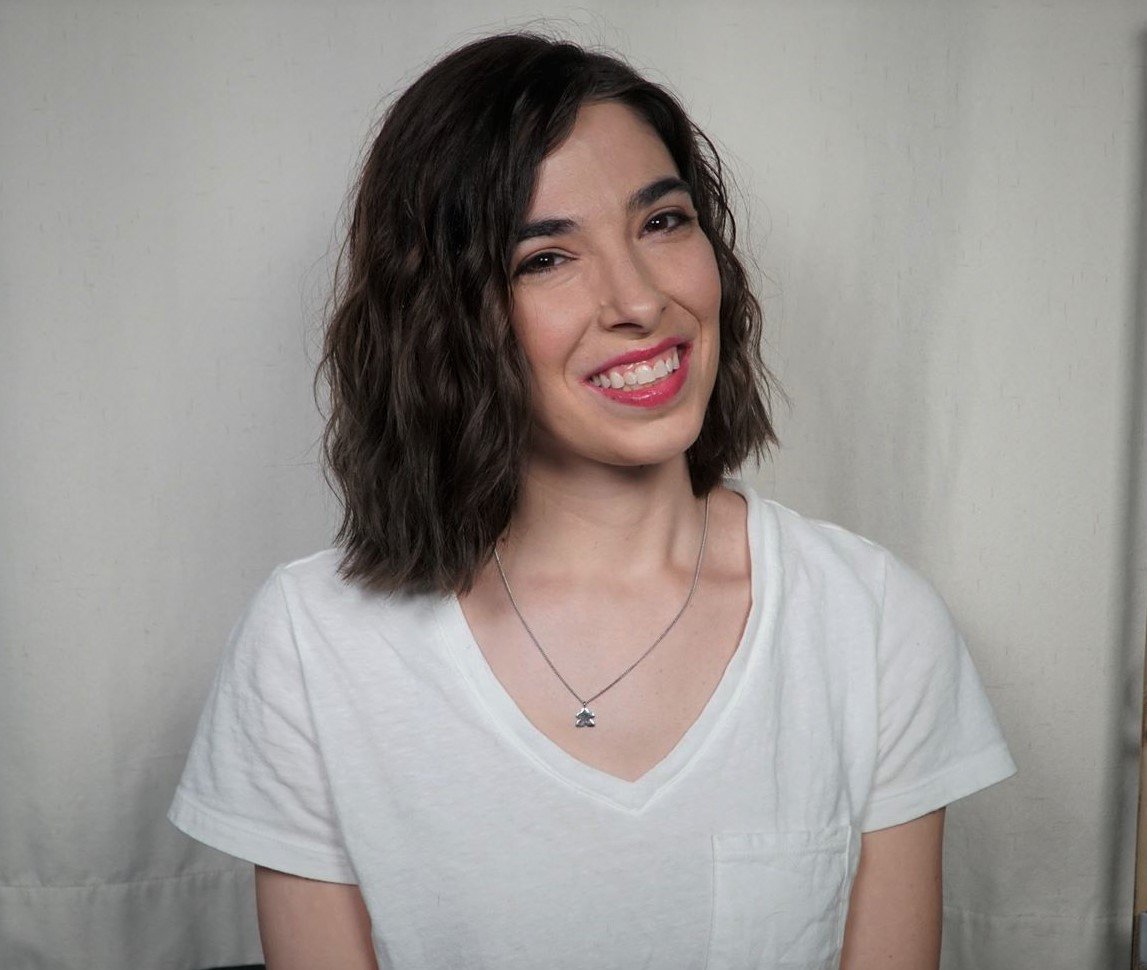
Earlier this month, MIND Research Institute partnered with the Global Math Project to share and bring visual math games to Global Math Week.
Global Math Project is a movement to bring to life the joy of mathematics all across the world. Global Math Week is one way the project is reaching out to millions of students.
During Global Math Week this year (10/10-10/17), over 5 million educators and students experienced a different kind of math lesson. They joined in a global experience to explore math and take a different approach to problem solving.
Over 5 million have engaged in Global Math Week this week! Share the joy of mathematics in a global experience: https://t.co/Xg6ytDA9Al @globalmathproj @jamestanton #explodingdots #mathfun pic.twitter.com/xBLwGOfrMa
— MIND Research Institute (@MIND_Research) October 16, 2018
One of the main ways participants engaged in Global Math Week was by sharing the Exploding Dots lesson with students. Alternative activities included digital games such as a new free suite of games from ST Math, created by MIND Research Institute, and digital versions of exploding dots.
On October 6th, Global Math Week ambassadors and math education leaders gathered at Santa Clara University in San Jose, CA, to kick off the event and share ideas on bringing joyous mathematics to more students around the world.
Presenters included Jo Boaler, Keith Devlin, Nina Wu, Sunil Singh, Aileen Rizo, Brandon Smith, Po-Shen Loh and more. Each presenter brought their unique experiences and insights on math education to share with the group. However their methods differed, they all shared a common goal brought together by the Global Math Project - let’s have students experience the beauty and joy of mathematics.
"Calculation is the price we used to have to pay to do math. It's no longer the case. What we need to learn is the mathematical understanding." @profkeithdevlin at @GlobalMathProj #GMW18 #explodingdots pic.twitter.com/UAKOC0ahZL
— MIND Research Institute (@MIND_Research) October 6, 2018
Keith Devlin brought up a shift in the jobs of mathematicians: calculation is no longer a barrier to solving deep mathematical problems and challenges. Because we have tools for calculation, a mathematician’s job becomes less about having to perform calculations and they can focus on the problem solving.
This requires a deep understanding of mathematics that includes but goes beyond knowing the steps for procedures. Keith Devlin’s speech set the stage for how we can encourage and excite teachers and students to think about math in this way.
"Math isn't static...math is something you play with; something you do." @Mathgarden #GMW18 #explodingdots @GlobalMathProj #math pic.twitter.com/TPUCRwdWBk
— MIND Research Institute (@MIND_Research) October 6, 2018
Sunil Singh, author of “Pi of Life,” shared a graphic that featured all of the verbs from the New York state math standards. The shift in standards shows us a plethora of actions that students are expected to do in math, including justify, apply, analyze, explore, compare - applications of mathematics that go beyond calculations and demonstrate deeper understanding.
If we need students to meet these expectations, then math needs to be an active experience in the classroom too.
.@joboaler shares important neuroscience-based insights into joyful math learning @GlobalMathProj #GMW18 @MIND_Research @YouCubedOrg pic.twitter.com/QFNoNNq1sG
— Karin Wu (@KarinCWu) October 6, 2018
Jo Boaler shared a study that showed how high-achieving and low-achieving students tended toward using number sense or memorization. It suggests that low-achieving students think they have to be very rigid with math, that being flexible with numbers is not allowed. On the other hand, high-achieving students were more open to focusing on building number sense over memorization.
Yet, we find more joy in math when we can play with numbers, manipulate models, and build our understanding of the patterns and connections between math concepts. Boaler posed a great question to the community: how do we get all students involved in flexible thinking?
"Math lives and breathes in the world around us. It's from everywhere. It's in everything. And, it's for everyone." @bds_math and @ninawuwuwu at @GlobalMathProj #GMW18 #math pic.twitter.com/3sK87pTdXo
— MIND Research Institute (@MIND_Research) October 6, 2018
Math is for everyone. Everyone is capable of deep mathematical understanding and problem solving.
MIND colleagues Nina Wu and Brandon Smith shared strategies for building deeply engaging math experiences outside of the classroom, in the playful spaces where students are already engaged.
From math camp dance classes with angles, to math-embedded storybook board games that include the whole family - Smith and Wu showed us that there are so many opportunities to engage the community in mathematics.
The key is to start where the interest is, and instead of just adding math, show how math is already a part of what students love.
After the presentations, attendees and local families were invited to attend a free math festival. MIND Research Institute debuted and gave away boxes of MathMINDs Games: South of the Sahara. Julia Robinson Math Festival shared their math puzzles and experiences. MoMath also brought some large-scale math activities for families to engage in outdoor play.
Playing MathMINDs Games: South of the Sahara with families in San Jose, CA. Math is for everyone! #GMW18 @GlobalMathProj #MathMINDs pic.twitter.com/IQjULFG1Sl
— MIND Research Institute (@MIND_Research) October 6, 2018
Thank you to everyone who attended or engaged and shared online!
Just because this year’s Global Math Week is over doesn’t mean you can’t try something new in your math classroom. Here are some free resources to engage your students in a different approach to mathematics.
ST Math games from MIND Research Institute
STEM activities from MIND Research Institute
Exploding Dots lessons from Global Math Project
Math problem booklets from Julia Robinson Mathematics Festivals

Calli Wright was the Marketing Manager at MIND Research Institute. She loves playing and designing board games, which she often talks about on twitter @CalliWrights.
Comment